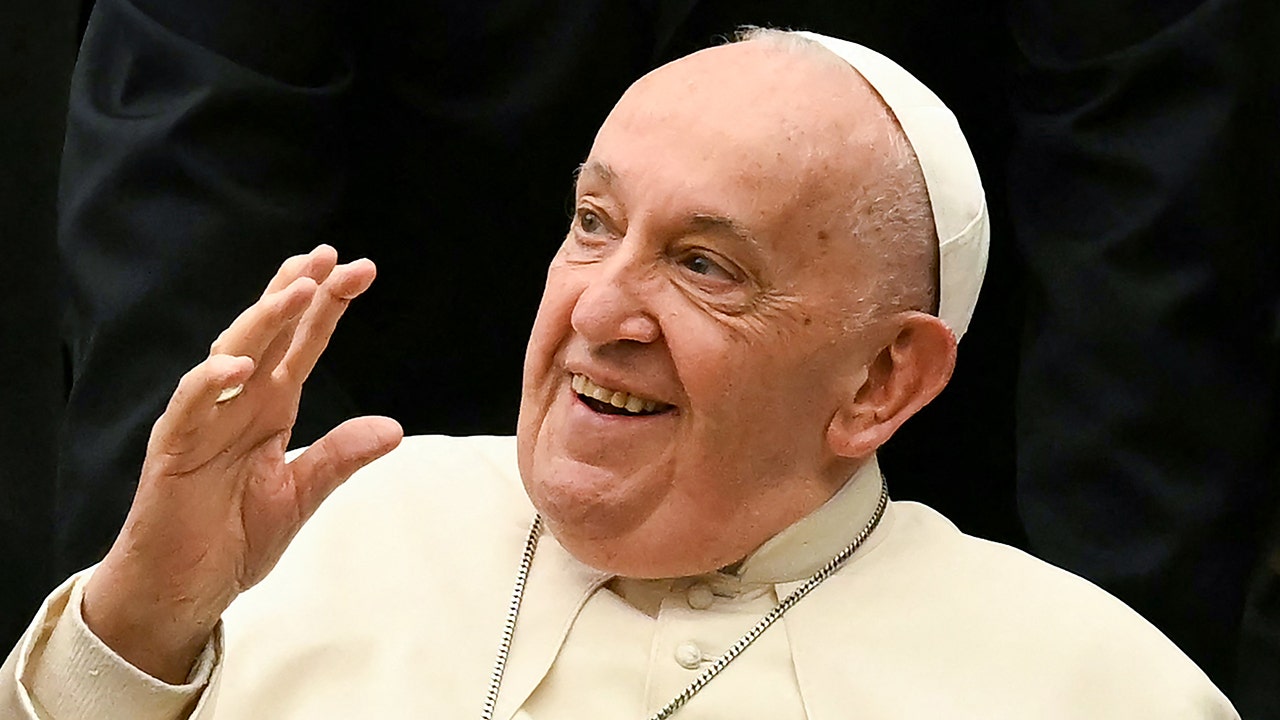Mike Benz recently provided an in-depth explanation of the structure of the American foreign policy establishment, detailing how the State Department, Defense Department, and Intelligence Community function to manage U.S. global influence.
In his discussion, Benz highlighted the often-misunderstood role of the United States Agency for International Development (USAID), clarifying its true purpose beyond humanitarian aid.
Benz outlined what he calls the “trifecta” of agencies that manage American foreign policy, which he equates to maintaining an “American empire.”
Celebrate Trump’s Historic 2024 Victory with the Exclusive Trump 47th President Collection!
“This by now, should be a familiar picture to people who’ve been subbed for a while where I’ve described the inside of the blob,” Benz said.
“Now, what’s going on in this picture? For people who are new here, or just to freshen up, for folks who need a reminder, this describes our trifecta of foreign policy establishments, and again, foreign policy just means the American empire.”
According to Benz, the State Department, the Defense Department (DoD), and the Intelligence Community each play specific roles in managing global affairs.
“We must manage our empire affairs, our vassal states, our markets, and so we have three big agencies in the government that do that, and none of these agencies are allowed to operate at home. Those are the State Department for national us, national interests, the Defense Department, the Pentagon for national security and our intelligence community, which provides covert or plausibly deniable assistance on national interest grounds, or national security grounds,” Benz explained.
He further broke down the distinctions between “national security” and “national interest,” explaining how foreign policy decisions are made.
“National security grounds meaning a military threat. National interest, if you remember it’s we want it, we got it. National interest means anything. Does it make us richer? Do we want it?”
Benz pointed out that prior to the 1960s, the State Department, Defense Department, and CIA often overlapped in their international development activities.
This lack of coordination led to the creation of USAID under President John F. Kennedy.
“Now, the part that I’ve left out of this to avoid confusion is a big old entity right in the middle of them.
That entity is USAID. Now, USAID was created in the early 1960s by President John F. Kennedy, because the American Empire had been tripping over itself for some time,” Benz stated.
He described how, as the U.S. expanded its global influence after World War II, different agencies began engaging in development projects for different reasons, creating inefficiencies.
“When we set up the CIA in 1947 and we reframed the Department of War to the Department of Defense in 1947 and we began this creation, really expansion, dramatic expansion, of the American empire abroad, outside. We had the DoD doing international development work, so to speak, for military reasons, we had the State Department doing international development work, if you will, humanitarian work, supporting local institutions for national interest reasons, and we the CIA doing its own thing,” he explained.
Benz emphasized that USAID was established to streamline and coordinate these activities.
“The Pentagon, the State Department and the CIA were all tripping over each other. There was no centralized agency to coordinate all the different reasons that we run money into foreign countries to influence the course of events in those countries. Again, they all face outward. They’re supposed to.”
Benz also addressed a common misconception about USAID, stating that while many assume it is purely a humanitarian agency, its primary function is broader.
“When people hear the name USAID, they focus on aid. They focus on the on thinking like it’s humanitarian work, but aid is not actually in the name of USAID,” Benz said.
“USAID stands for the United States Agency for International Development, not aid. It’s not a charity, and international development is simply capacity building.”
USAID – The Ultimate Nerve Center Of A Rogue Foreign Policy Establishment pic.twitter.com/jz9nJsmzw0
— Mike Benz (@MikeBenzCyber) February 2, 2025
His remarks highlight USAID’s role in advancing American foreign policy objectives through development programs, rather than simply providing direct relief aid.
Benz’s breakdown of the foreign policy establishment provides insight into how the U.S. government manages its global influence, with USAID playing a central role in coordinating international development efforts among various agencies.
Hey here’s how https://t.co/ts88P3YDm3
— Mike Benz (@MikeBenzCyber) February 2, 2025
The opinions expressed by contributors and/or content partners are their own and do not necessarily reflect the views of LifeZette. Contact us for guidelines on submitting your own commentary.
Read the full article here


![Mike Benz Drops Massive Truth Bombs About the ‘AID’ in USAID [WATCH] Mike Benz Drops Massive Truth Bombs About the ‘AID’ in USAID [WATCH]](https://www.rvmnews.com/wp-content/uploads/2025/02/2025.02.03-01.53-rvmnews-67a0ca4ebbff3.jpg)




![White House Torches Tim Walz for Outrageous ‘Gulag’ Deportation Comparison [WATCH] White House Torches Tim Walz for Outrageous ‘Gulag’ Deportation Comparison [WATCH]](https://www.rvmnews.com/wp-content/uploads/2024/10/2024.10.03-10.07-rvmnews-66ff15bd17f48.jpg)


